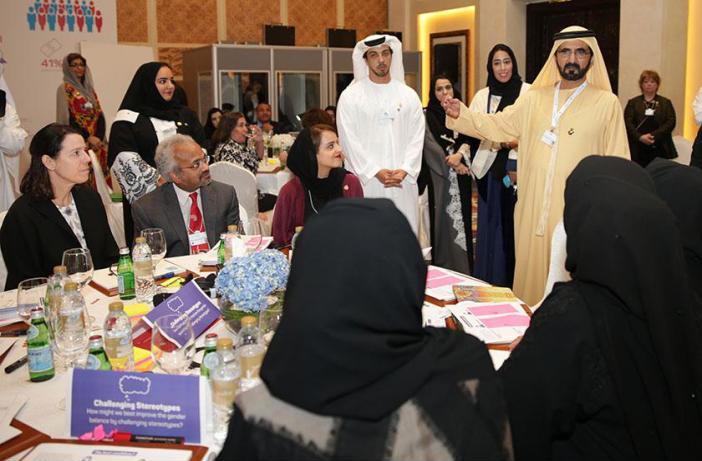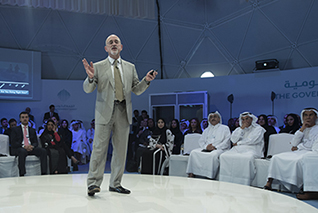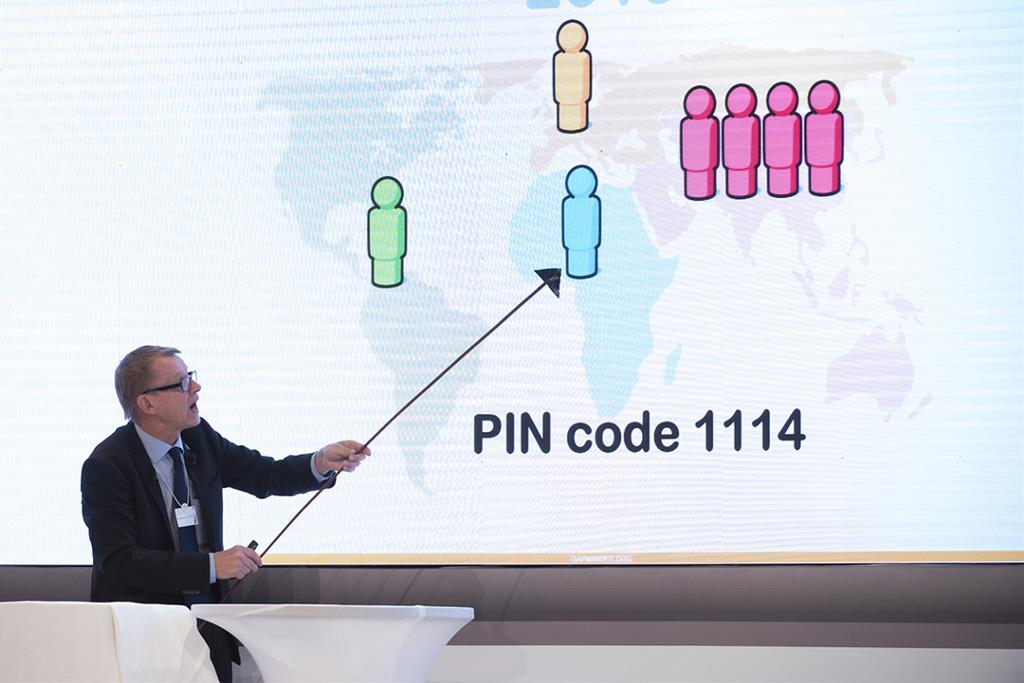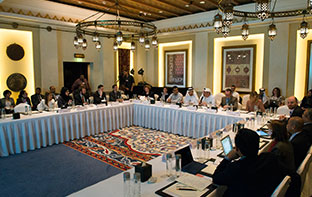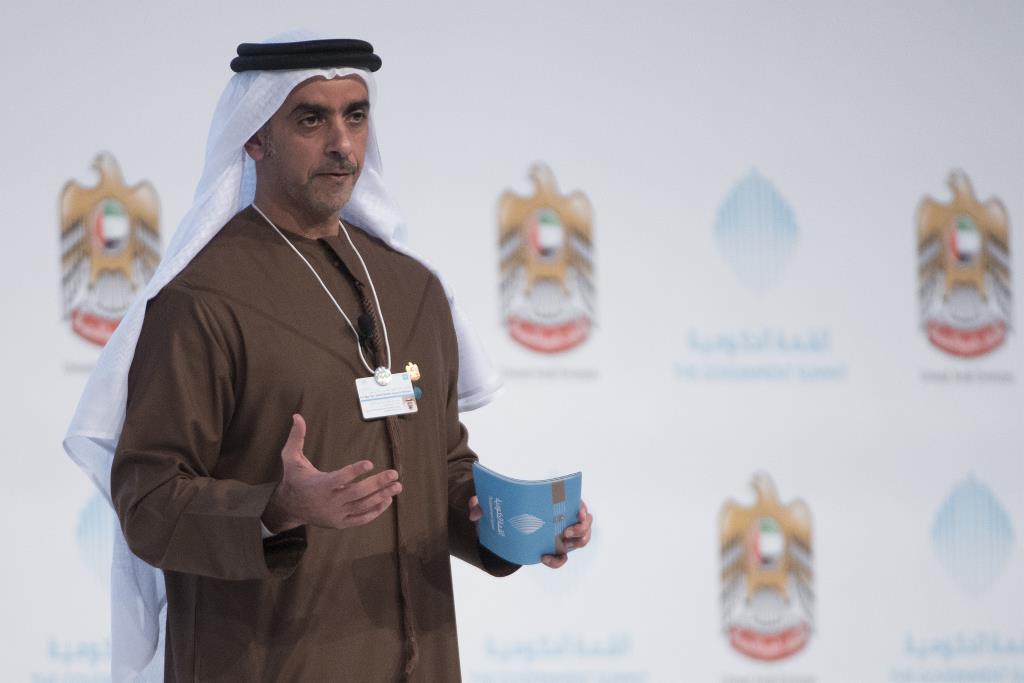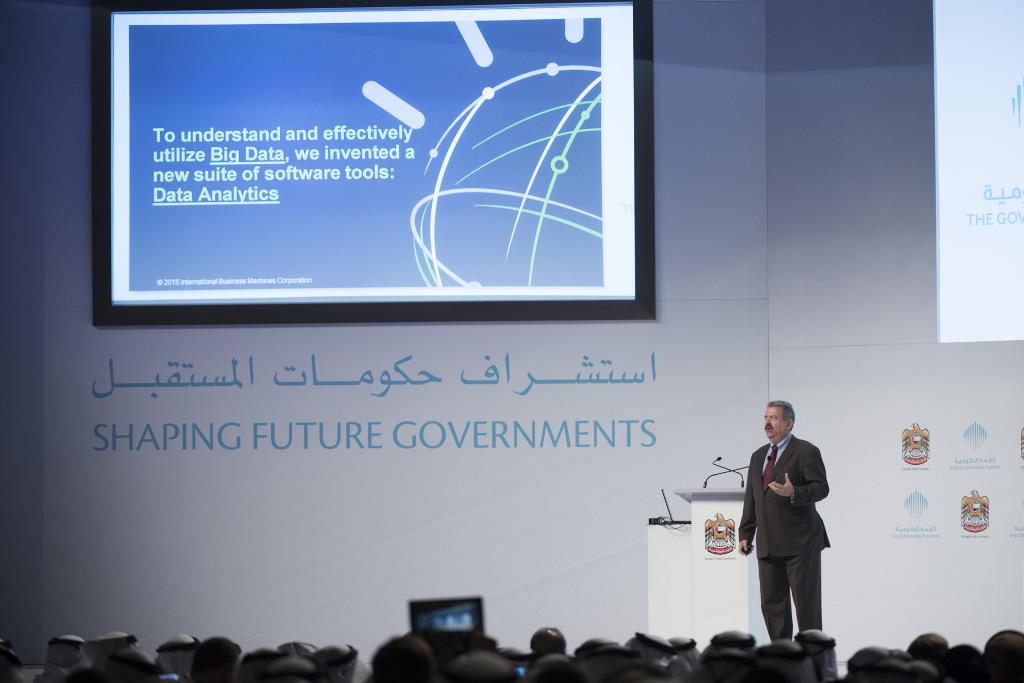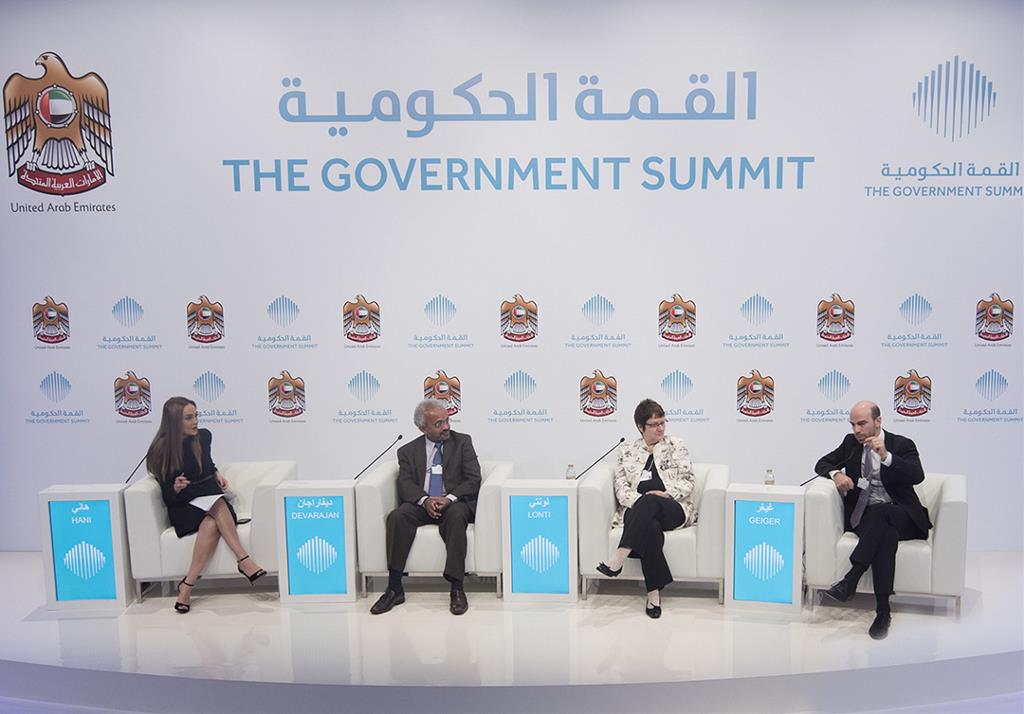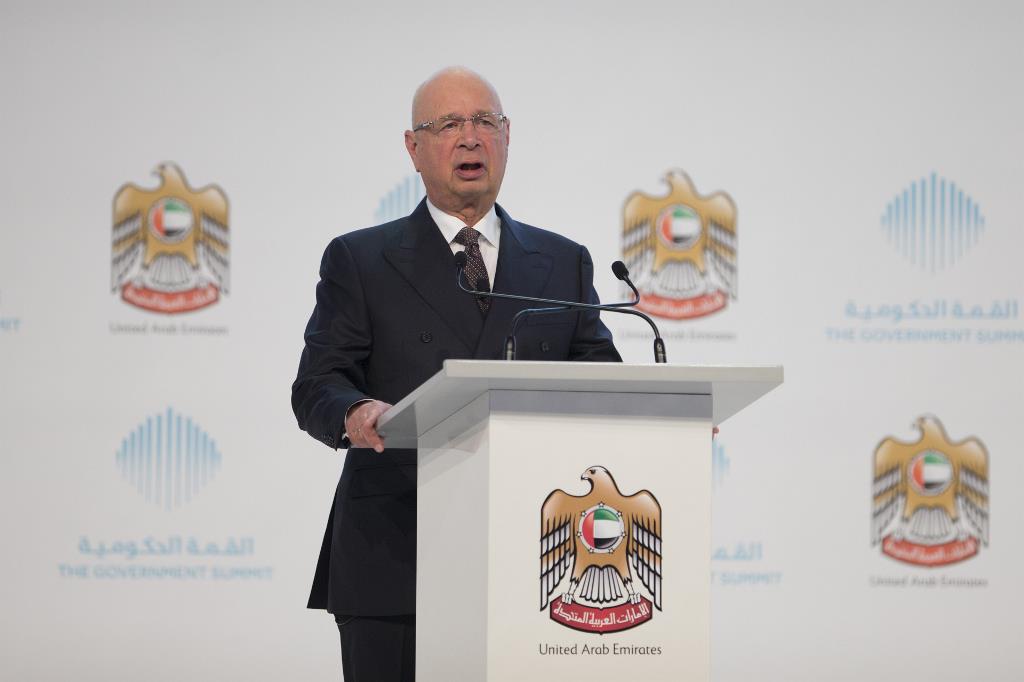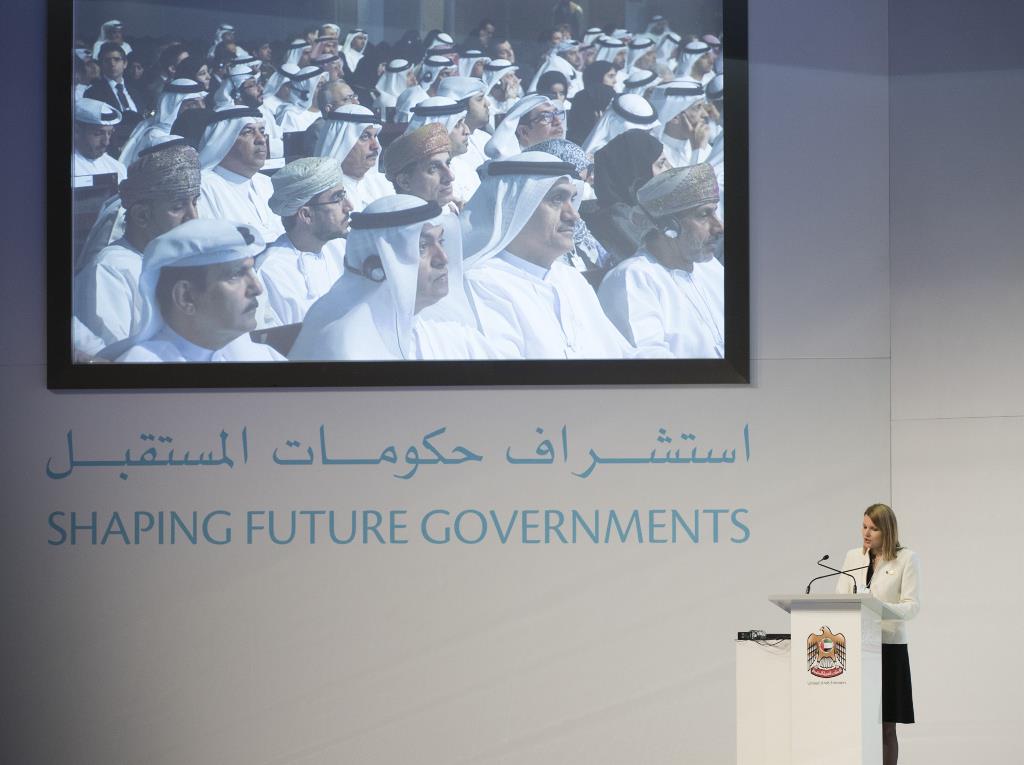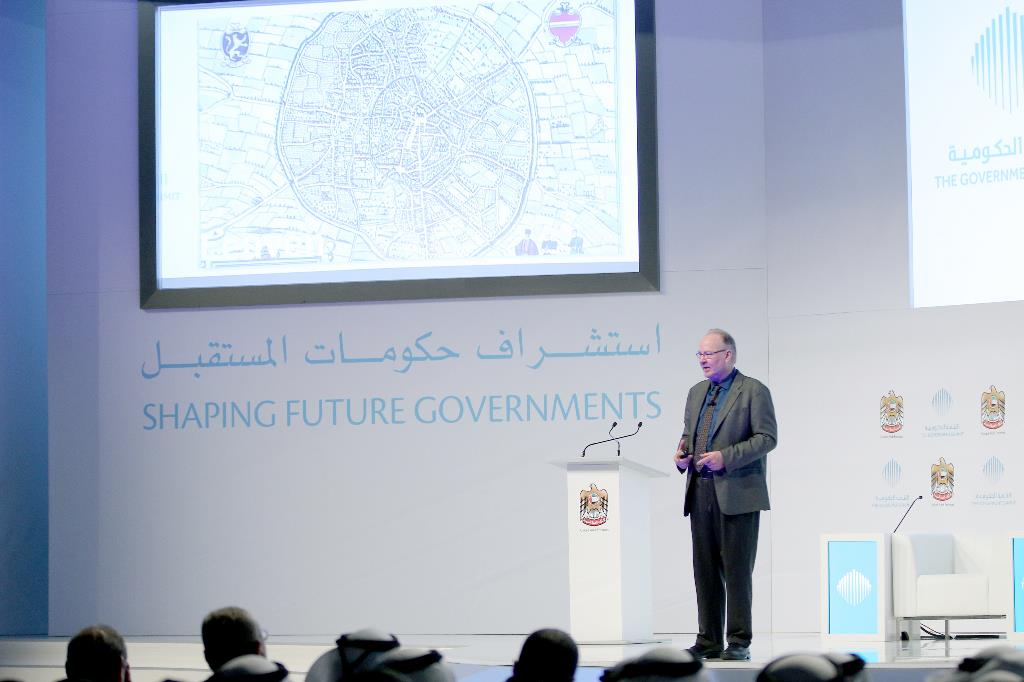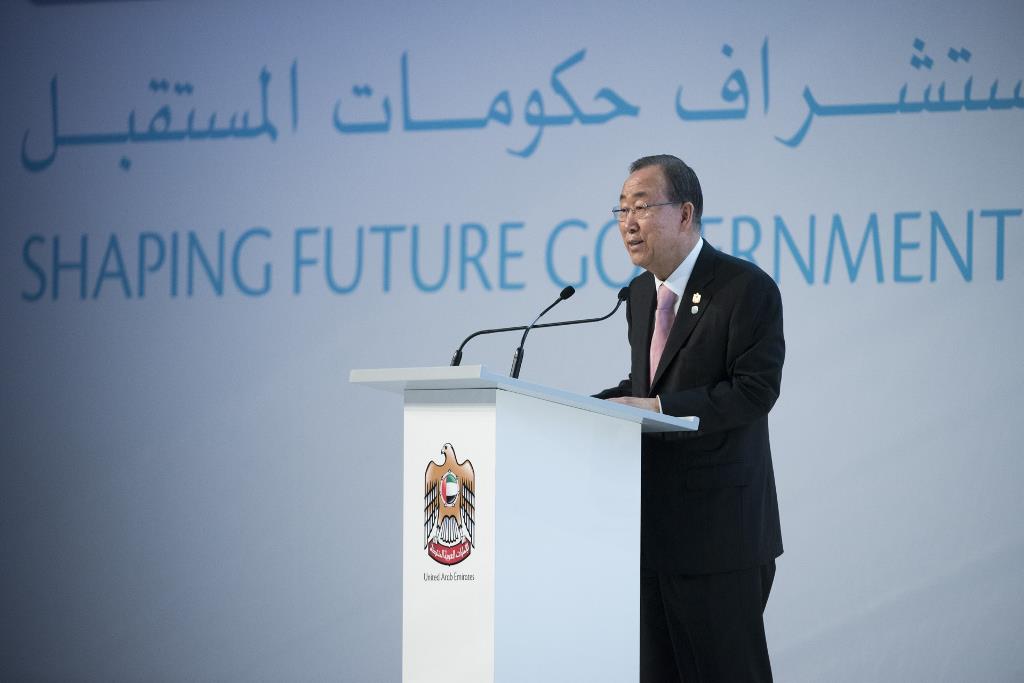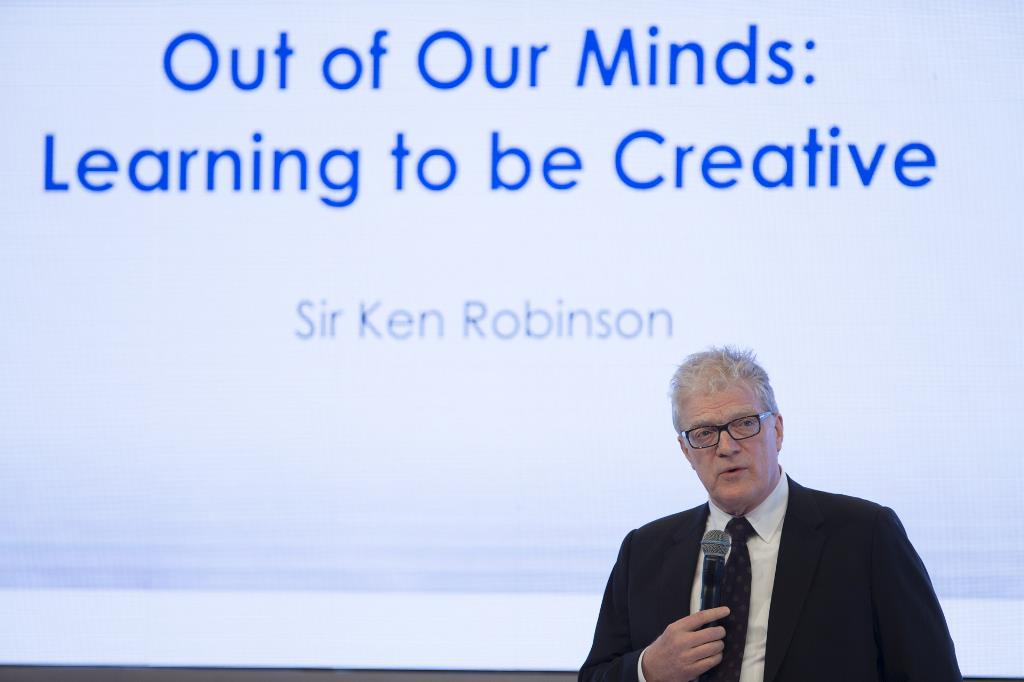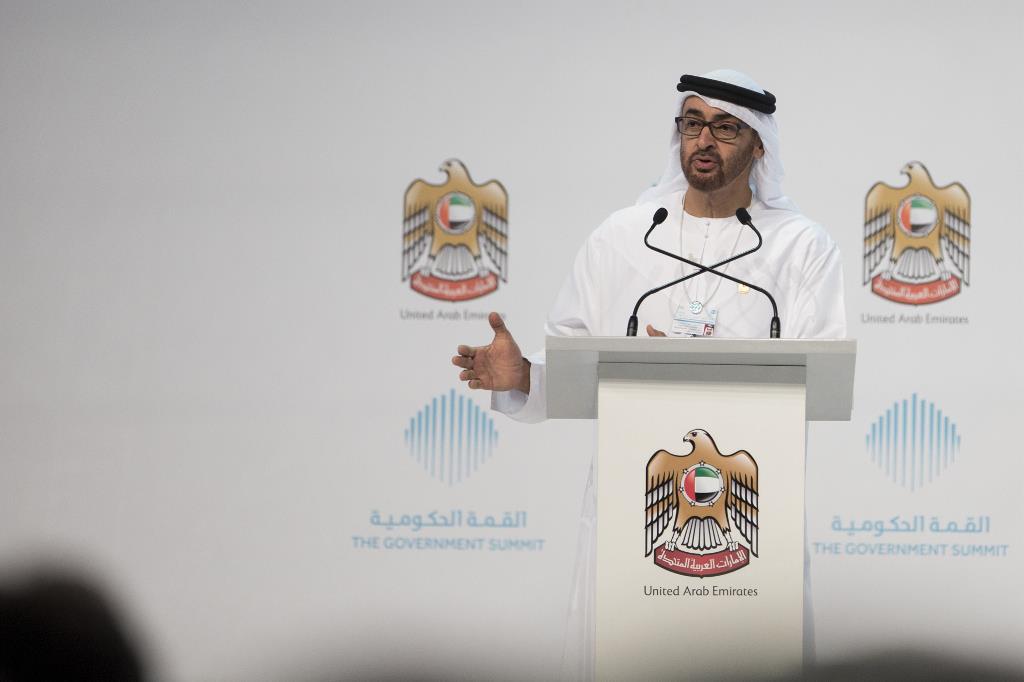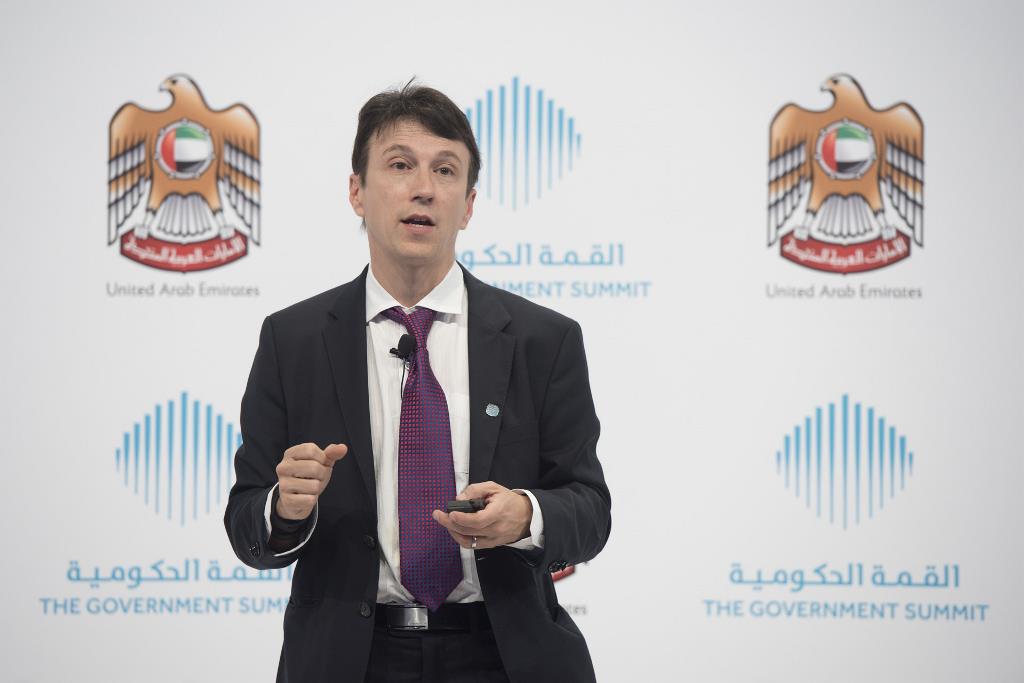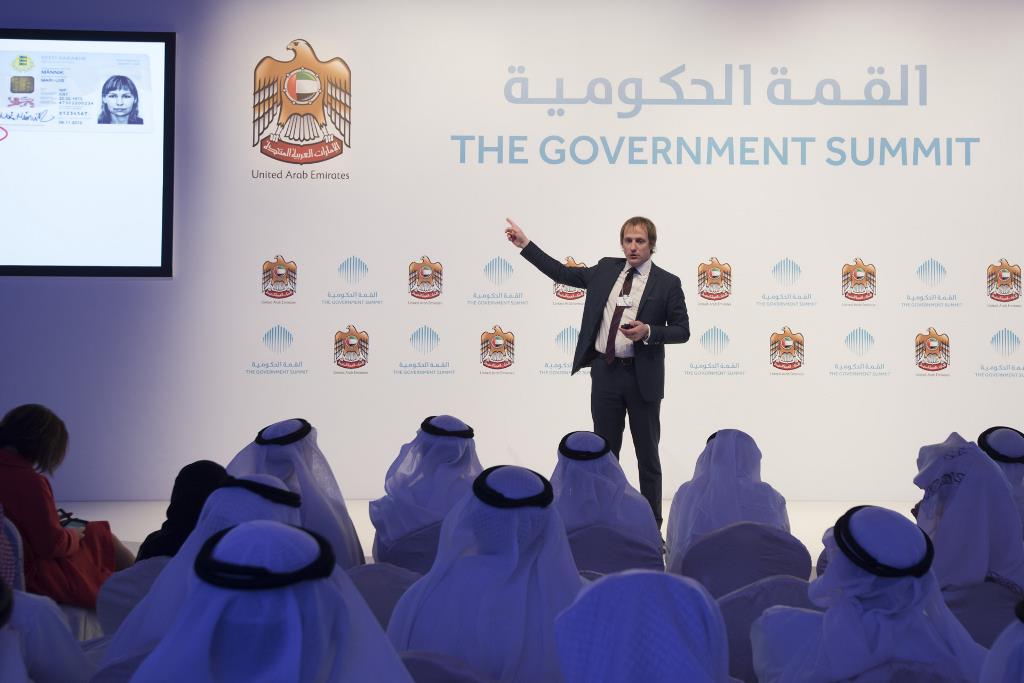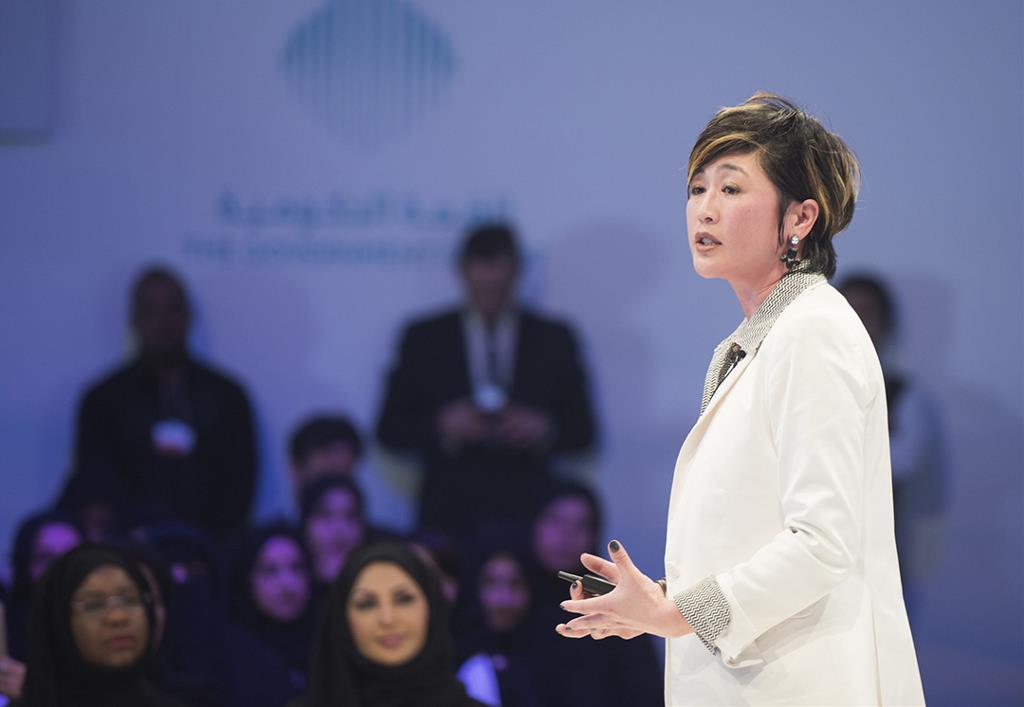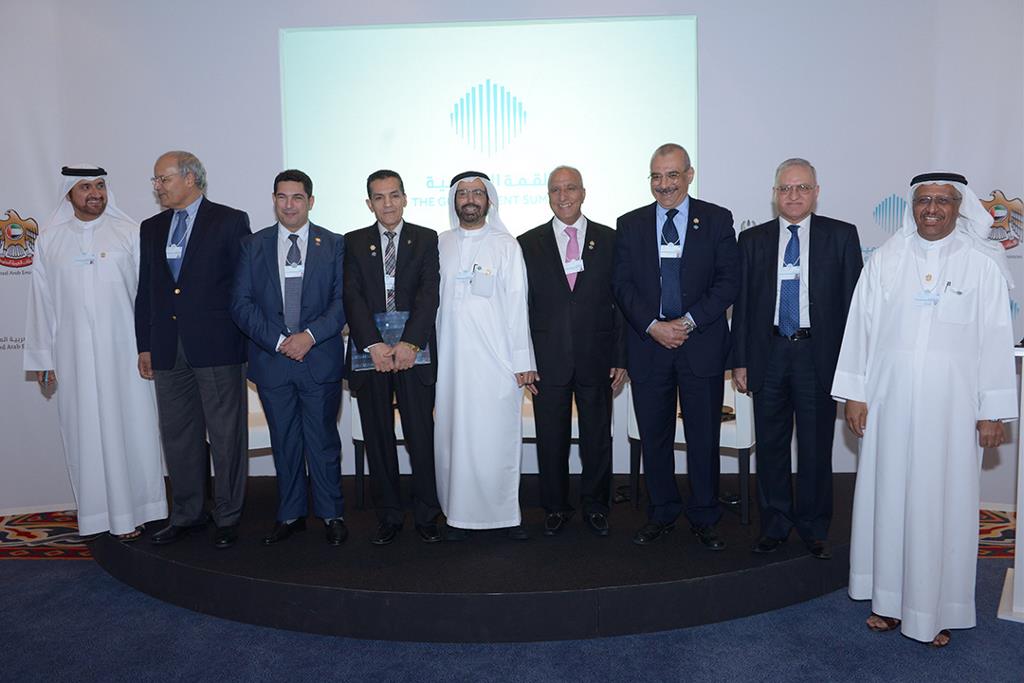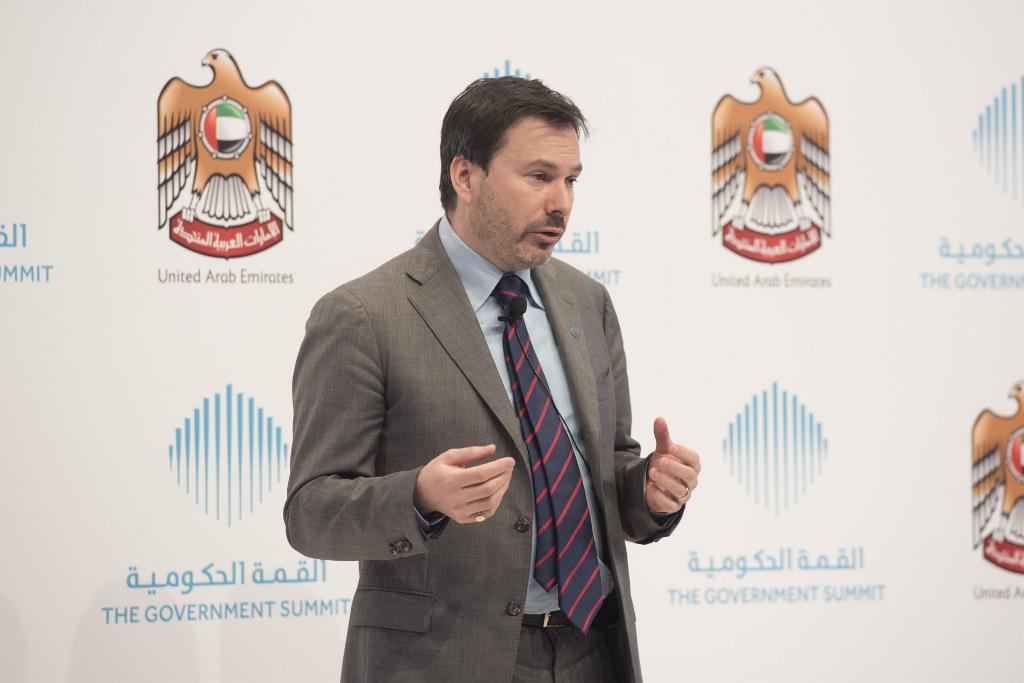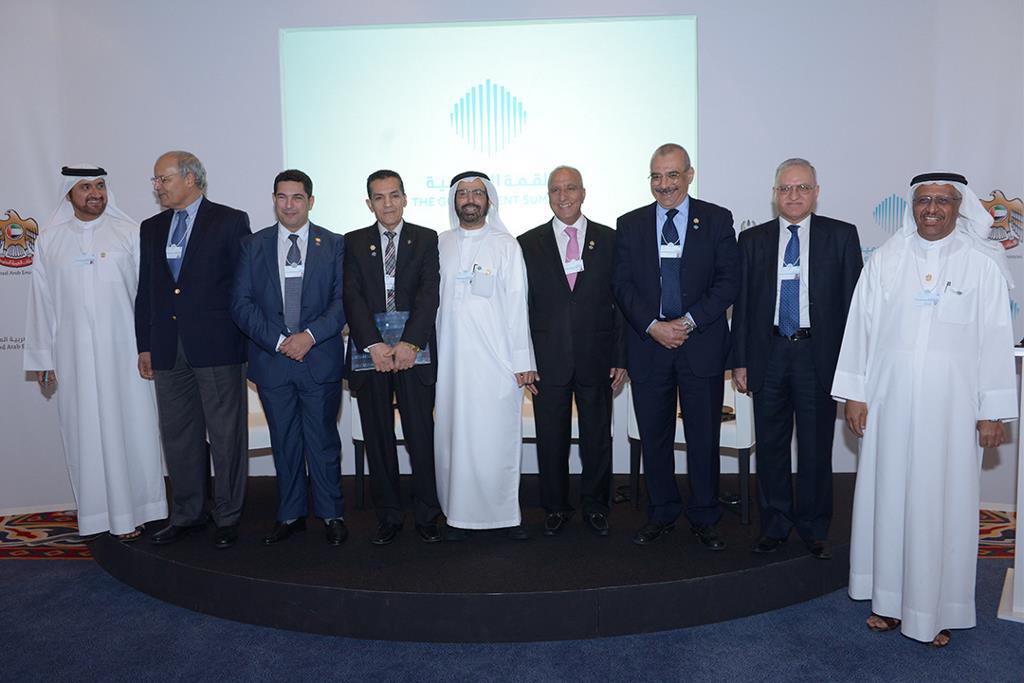What makes a Good Country?
Morality, the perception of whether a country is good or bad, is the main element that affects a nation's image in the eyes of the world, said Simon Anholt, Professor of International Relations.
Anholt, was speaking at a session titled ‘What makes a Good Country’ at The Government Summit 2015. If leaders of countries care about prosperity, growth, and investment, he said, they can improve their country’s image by being ‘good’ countries.
Anholt has worked with the Heads of State and Heads of Government, and the civil society and business leaders of more than 50 nations, as well as numerous cities and regions, to develop and implement strategies for enhanced economic, political and cultural engagement with other countries. These strategies are typically in the areas of economic competitiveness, public diplomacy, cultural relations, national identity and reputation, tourism, travel, export promotion, foreign direct investment, educational policy, international events, security and talent attraction.
A country’s international reputation is not a liquid thing, it is a fixed asset, Anholt said. Most people don’t change their opinions about countries in their entire lifetimes. Unless people are residents of the nation, people judge countries on five factors: morality, aesthetics, relevance, sophistication, and strength. Research shows morality as the main element that affects a nation’s image in the eyes of the world. Talking at length about these factors, Anholt said the physical beauty of a country, its technological and military strength, and socio-economic advancement are some defining factors that help determine the collective reputation of a country. However, millions of taxpayer dollars are spent on advertising and marketing campaigns and this is usually wasted money, as it effects no change in the overall reputation of the country.
Anholt is the founder and creator of the new ‘Good Country Index’, the world’s first study of how much each country on earth contributes to the rest of humanity and to the planet. He said governments have been “competing against each other for decades for better visibility”. Even in the face of gigantic challenges – people killing each other, wars, starvation, human trafficking, melting ice caps, and disappearing forest cover, to name a few – most countries remain inward-looking and work only for the betterment of their own citizens. From the reputation perspective, these countries need to focus a lot of their energies and resources on helping the rest of the world, Anholt said.
Eight of the top 10 countries in the Good Country Index belong to the European Union. Anholt said the very formation of the European Union is one of the noblest expressions in the history of mankind. “A group of nations have given up their precious sovereignty to build a more secure, prosperous and peaceful society,” he said, which makes EU countries ‘good’ by default.
His 15 years of research and policy advice have taught him, Anholt said, that if countries want to improve their public image, they should take responsibility for every man, woman, and child on earth, and the environment as a whole: A ‘prosperous’ nation is one that pledges and acts on taking care of ‘society and environment’ and a country that does well on this front is invariably a ‘Good Country’



